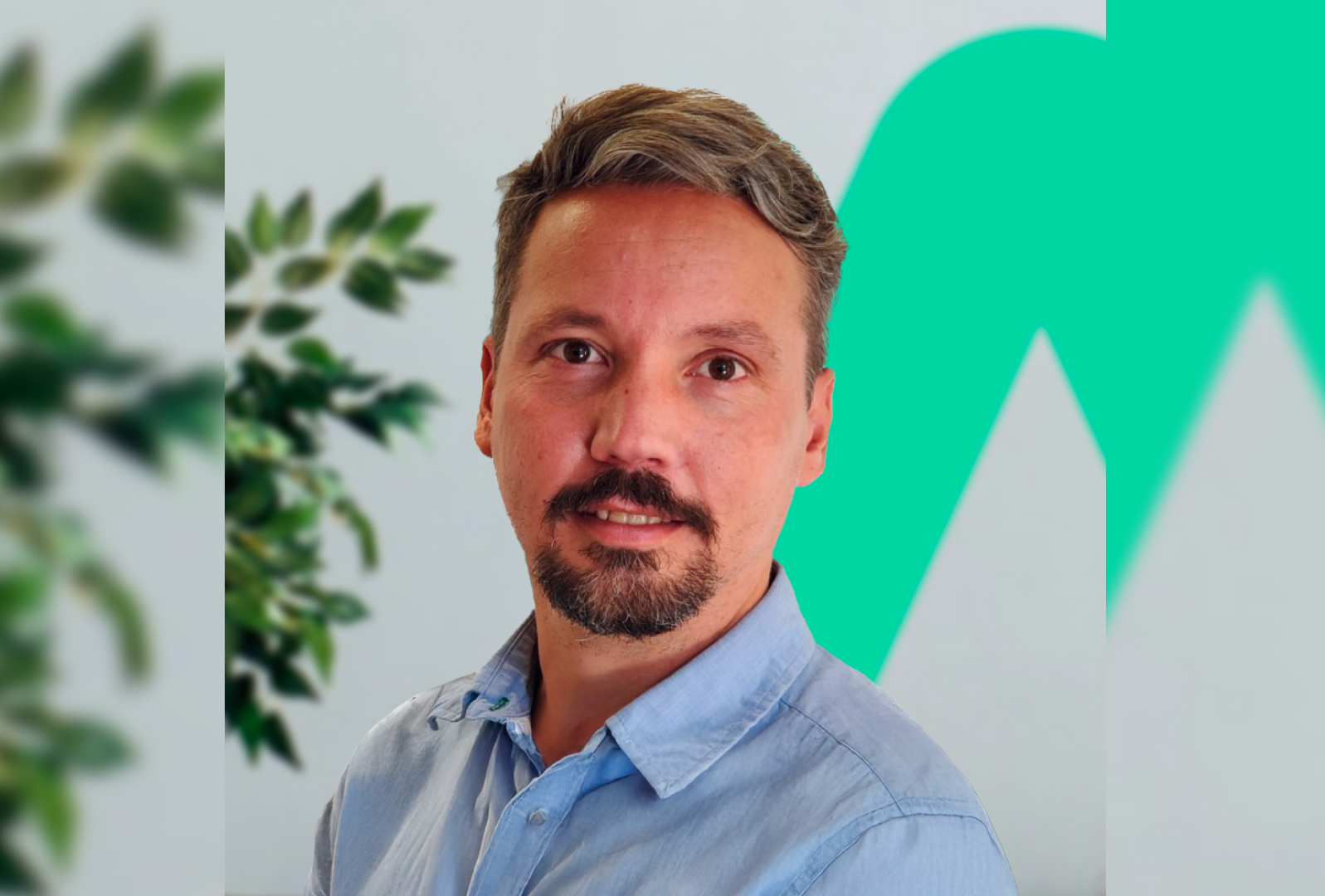Often overlooked, sometimes reduced to an organizational role, Ops are in fact a key link in transformations. Their mission: to connect digital strategy with operational execution, streamline collaboration, and anchor a lasting Product culture. In this article, Viviane Nguyen and Alexis Lamrani, Ops at Thiga, share their experiences at Accor and L’Oréal and explain why this role has become strategically important for companies undergoing transformation.
“You just make slides, right?” Viviane Nguyen has heard that more than once. Like many people in relatively new roles within organizations, she’s had to deal with misunderstandings. “Sometimes people think we’re only here to coordinate rituals or manage Figma,” she laughs.
A consultant at Thiga, and fresh from a Design Ops assignment at Accor, she takes no offense. Quite the contrary, in fact. For her, these misunderstandings are a good opportunity to explain what Ops really does... and why this role is becoming so strategic in many companies. "Our aim is to support a product transformation and ensure that it takes root over time. It's not just a question of tools or processes, it's about working on the way we operate, the way we collaborate."
A consultant at Thiga, fresh from a Design Ops assignment at Accor, she doesn’t take offense. On the contrary. For her, these misunderstandings are a good opportunity to explain what Ops really do - and why the role is becoming so strategic in many companies. “Our goal is to support a Product transformation and make sure it lasts. It’s not just about tools or processes, it’s about how people work together, how they collaborate.”
Can a company switch to a Product mode without Ops? Of course. But in certain contexts (rapid growth, reorganization, cultural shifts...), their presence often makes it possible to get there faster, with less friction, and more sustainably.
Want to structure your product strategy? Discover Thiga’s framework: a clear, actionable tool designed to align vision, priorities, and business impact.
A role born of the demands of transformation
This is also the view of Alexis Lamrani, also an Ops consultant at Thiga, currently on assignment at L’Oréal. “When an organization already runs well, with a strong Product culture, teams generally know where they’re headed. But as soon as there’s a change of scale, or a need for transformation, familiar markers shift. You can quickly end up with tension, misunderstandings, or silos. That’s where an Ops can bring clarity.”
At L’Oréal, Alexis supports large digital teams, historically organized in project mode, now seeking to adopt a stronger Product culture. “Teams need to move fast, but they often lack time to step back. Program managers are buried in budget management, recruitment, or overseeing their program as a whole, while operational roles are often outsourced... Ops step in to provide structure, methodology, and most importantly, connections between different areas of expertise.”
My role is to support the entire organization. I need to understand everyone’s challenges in order to help build bridges between them
The idea of building connections comes up frequently. In a tight economic environment, where companies must deliver more without necessarily having more resources, the way teams collaborate becomes a performance lever. And here again, Ops play a crucial role. They are the ones who circulate best practices, align tools, and build a common Product language. “When each team moves forward on its own, you lose coherence, efficiency, and sometimes even user experience,” says Alexis. “You end up with gaps between business and Product, or between two programs within the same Business Unit, when for users, everything should feel seamless.”
The link between vision, teams, and execution
Beyond processes, Ops also work on the connection between Product strategy and its concrete implementation. “A top-down vision isn’t enough. It has to be shared, understood, and adapted to the field. Otherwise, it stays theoretical,” explains the Ops consultant at L’Oréal. This bridging role between top management and teams is fundamental. Viviane experienced it at Accor, when she co-built and rolled out a quarterly planning framework (Quarterly Agile Planning). “There wasn’t a clear rhythm or a method to prioritize roadmaps. With two other Ops, we worked with stakeholders and top management to define a framework. Then we rolled it out across teams. Within a few quarters, we had a shared framework, clear alignment, and prioritization tied to business value.”
This structuring work doesn’t stop at one team or discipline. “I’m a Design Ops, but I work with PMs, POs, Designers, techs, business profiles…", Viviane emphasizes. “My role is to support the whole organization. I need to understand everyone’s issues so I can help build bridges between them.” This broad approach to Product goes beyond functional silos to focus on collective effectiveness - and it’s within this dynamic that the Global Ops tribe was created at Thiga by the two consultants.
Today, in organizations that are growing or transitioning, this type of role becomes a catalyst. Ops don’t make decisions in place of teams - quite the opposite! They enable teams to make better decisions together. And that’s the true value of Ops: ensuring that the right dynamics can emerge and endure.
Put impact at the heart of your company - explore our playbook for product-oriented organisations.



.jpg)

